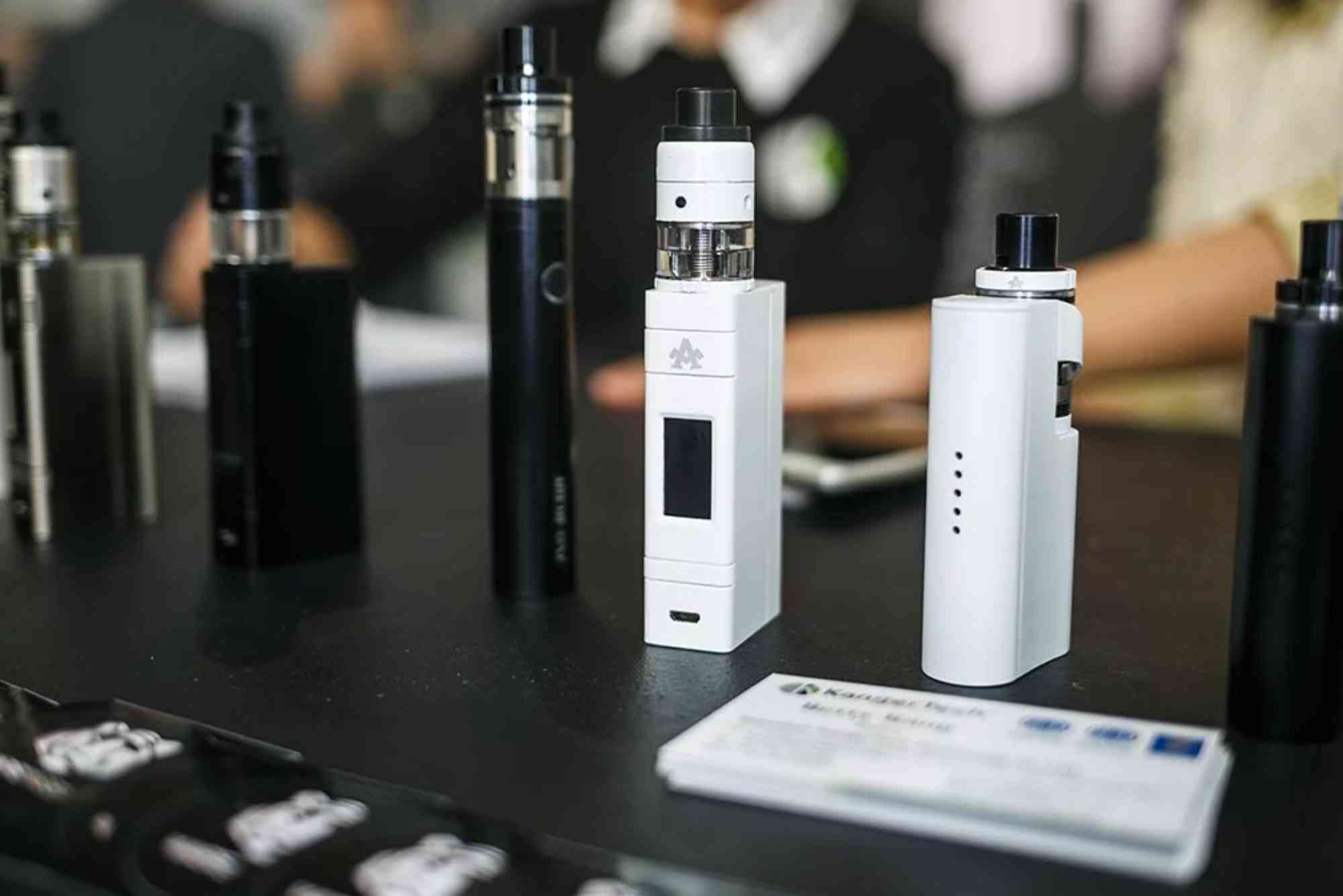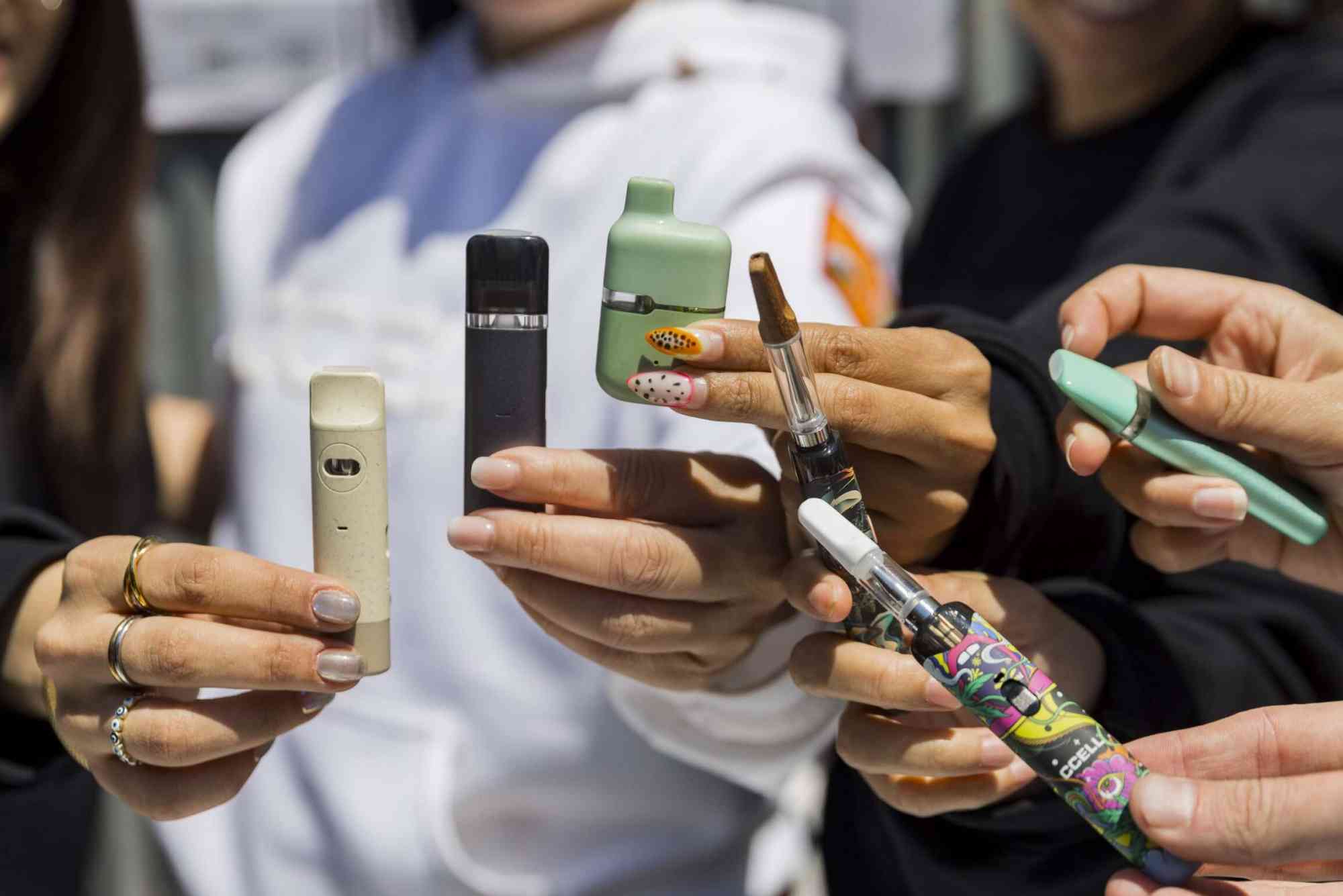As the GCC vaping market evolves, UAE vape brands are leading the charge in regional growth. With strong domestic foundations and increasing global recognition, these companies are now setting their sights on Bahrain and Qatar. This strategic shift is not just about tapping new markets—it’s about redefining what vape export in the GCC looks like.
The Rise of Vaping Culture in the GCC
The Gulf region, once conservative in tobacco alternatives, has shifted. Consumer behavior, especially among the youth and young adults, is changing. Health-conscious users are turning to vaping as an alternative to traditional cigarettes. The UAE has been at the forefront of this trend, with a thriving ecosystem of manufacturers, distributors, and retail outlets.
Regulatory Changes Supporting Growth
In 2019, the UAE legalized the sale of electronic cigarettes and vaping devices under specific guidelines. This regulatory clarity allowed local brands to grow legitimately and invest in better infrastructure, safety standards, and R&D. Bahrain and Qatar have since followed with their own regulatory updates, opening up export opportunities for UAE businesses.
Why UAE Brands Are Eyeing Bahrain and Qatar
Both Bahrain and Qatar offer strategic advantages. These countries have strong logistics networks, high disposable incomes, and rising demand for alternative tobacco products. They also share cultural and linguistic similarities, making market entry smoother.
Market Potential in Bahrain
Bahrain’s compact market size means faster penetration. With a growing number of vape-friendly retail stores and online platforms, UAE brands can achieve visibility quickly. In addition, Bahrain’s proximity to the UAE supports efficient supply chain operations.
Qatar’s Growing Demand
Qatar’s youth demographic is highly tech-savvy and trend-driven. With the upcoming global events and growing tourism, lifestyle products like vapes are gaining popularity. Moreover, Qatar’s emphasis on premium goods aligns well with the high-quality image many UAE vape brands project.
Vape Export GCC: Opportunities and Challenges
Expanding into Bahrain and Qatar isn’t just about selling more—it’s about setting industry standards across borders.
Opportunities for UAE Vape Brands
- First-mover advantage in Qatar’s emerging market
- Brand familiarity due to Gulf-wide social media presence
- Shared trade regulations under GCC agreements
- Increased B2B collaboration with regional distributors
UAE-based companies can leverage their robust manufacturing capabilities and established product lines to dominate in new territories. Innovations in flavors, design, and nicotine delivery systems are helping these brands stand out.
Export Challenges to Navigate
Despite the opportunity, challenges persist:
- Regulatory differences between GCC states
- Customs and import duties on vape hardware and liquids
- Labeling and compliance requirements specific to each country
- Market saturation with global brands also entering the space
Still, with careful planning and regional partnerships, these hurdles can be managed. The success of vape export in the GCC hinges on flexibility and local adaptation.
Key UAE Vape Brands Expanding Their Reach
Several homegrown UAE vape companies have taken center stage in the GCC export narrative. These include manufacturers with global aspirations, known for sleek designs, consistent quality, and compliance with safety standards.
They’ve started to form distribution partnerships in Bahrain and Qatar, with physical presence through exclusive lounges, vape bars, and retail locations. These companies often customize their offerings for each market, considering local flavor preferences and cultural nuances.
Role of Digital Marketing in Regional Expansion
Digital marketing is instrumental in cross-border brand building. Most UAE vape brands use multilingual websites, region-specific influencer marketing, and targeted social media ads to boost visibility.
Localization as a Strategy
Adapting language, packaging, and content to local cultures is essential. Vape export GCC strategies increasingly include local Arabic content, region-specific promotions, and partnerships with micro-influencers who resonate with Gulf audiences.
E-Commerce Growth in GCC
E-commerce platforms are playing a key role. Brands are listing their products on local delivery apps and specialized online vape shops in Bahrain and Qatar, tapping into growing demand for home delivery.
Future Trends in Vape Export Across the GCC
The vape export GCC market is evolving rapidly, driven by innovation and changing consumer attitudes.
Nicotine Alternatives on the Rise
There’s growing interest in nicotine-free vaping and CBD-infused products. While not yet fully legalized across all GCC countries, these trends are being closely watched by UAE exporters looking to stay ahead of the curve.
Eco-Friendly Devices Gaining Attention
Sustainability is becoming a key factor. Brands that offer recyclable pods, biodegradable packaging, and long-lasting devices are likely to gain favor in the environmentally aware sectors of Bahrain and Qatar.
Government Collaboration
Forward-thinking vape companies are engaging with local authorities. By contributing to policy discussions and safety regulations, they ensure smoother import processes and earn credibility with regulators and consumers alike.
The Road Ahead for UAE Vape Brands
Bahrain and Qatar represent the next frontier for UAE vape brands. With strong market potential, supportive logistics, and growing demand, these countries offer fertile ground for expansion. Brands that approach this strategically—balancing compliance, localization, and innovation—will lead the charge in the vape export GCC boom.
Are you a vape business looking to expand in the GCC?
Now is the time to act. Partner with established UAE exporters or explore franchise opportunities. Get ahead of the competition by aligning your brand with the GCC’s next wave of lifestyle innovation.
FAQs
What are the vape import rules in Bahrain and Qatar?
Both countries allow vaping products but have specific regulations regarding nicotine limits, packaging, and advertising. Always consult local customs and health authorities before exporting.
Is it legal to sell UAE vape brands in Qatar?
Yes, provided the products meet Qatar’s regulatory standards and are distributed through licensed vendors.
Why are UAE vape brands popular in the GCC?
They’re known for premium quality, innovative design, and strong online presence—making them appealing across Gulf markets.
What are the most common challenges in vape export GCC?
Navigating differing regulations, managing customs duties, and adapting marketing to local cultures are key challenges.
Which UAE brands are expanding to Bahrain and Qatar?
While specific names vary, several top-tier UAE brands with strong e-liquid lines and hardware are already forming partnerships in these markets.





